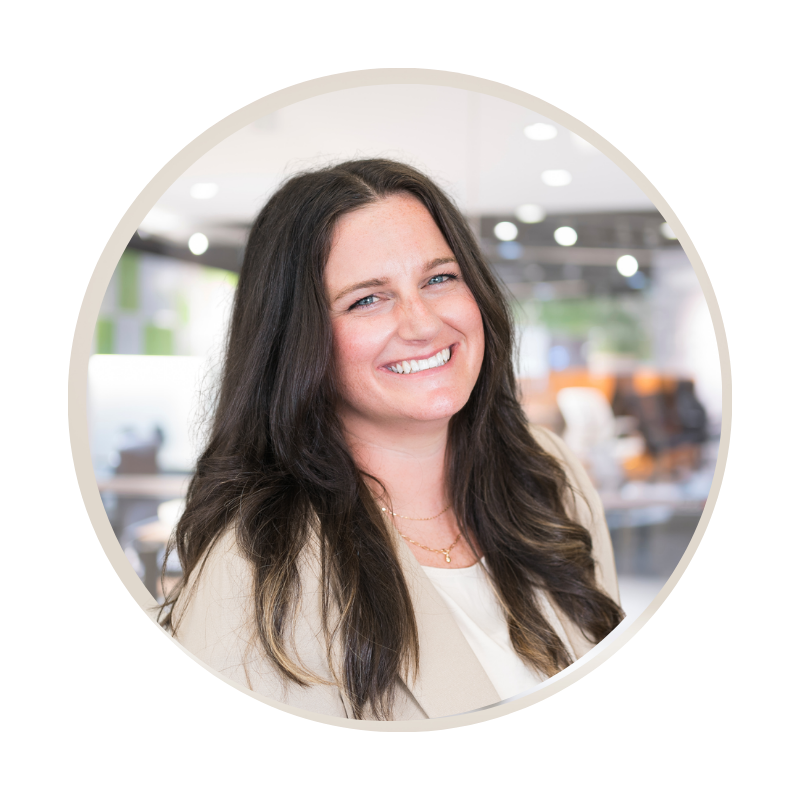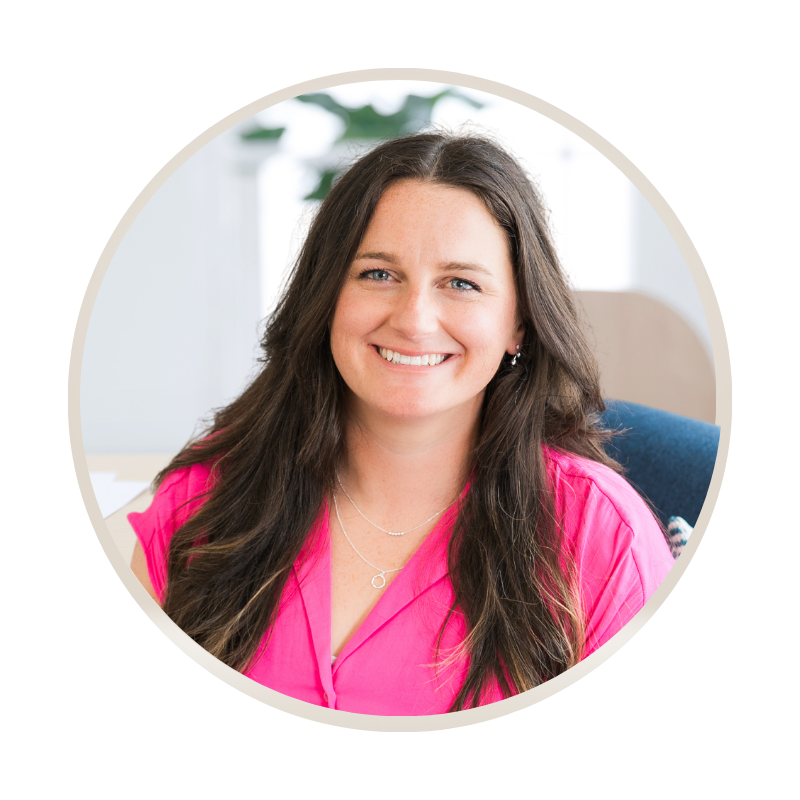In 2025, home prices are still high, mortgage rates are unpredictable, and incomes haven’t quite caught up. It’s easy to feel discouraged or wonder if owning a home is even possible anymore—especially if you’re in your 20s or 30s, working hard, and trying to make wise financial choices.
But here’s the good news: you don’t need a huge income, a perfect budget, or a rich uncle to make progress toward homeownership. You just need clarity, a realistic plan, and a whole lot of patience (and maybe prayer).
Let’s break it down.
💡 Why Buying a Home Feels So Hard Right Now
Here’s the reality many first-time buyers are facing:
- Home prices are still inflated. Even smaller starter homes in average markets can cost 5–7x your annual income.
- Wages haven’t kept up. Incomes have grown slowly compared to housing prices, which makes saving for a down payment harder.
- Mortgage rates have risen. This means your monthly payment could be hundreds more than it would’ve been a few years ago.
- Competition is still fierce. Even with higher rates, inventory is low, and houses under $400k often sell fast.
This combination makes it feel like homeownership is reserved for the wealthy—or at least for people with family help or high-paying jobs.
But there are ways to move forward, even if your current income or savings feel small.
🏡 Step-by-Step Guide—How to Buy a Home in 2025 (as a First-Time Buyer)
1. Get Clear on Your “Why”
Before running numbers or chasing listings, take time to talk with your spouse (or yourself!) about what home really means for you.
- Are you craving stability or space to grow a family?
- Do you want to invest in your future instead of renting?
- Do you need more room, less noise, or a yard for a dog?
Your “why” will guide the decisions ahead—especially if you have to wait longer than you hoped.
2. Know What You Can Actually Afford
Don’t let lenders tell you what your budget is—they’ll often approve you for more than you can comfortably afford.
Instead, use this rough rule of thumb:
- Aim for a monthly mortgage payment (including taxes and insurance) that’s no more than 25–28% of your gross monthly income.
- Use a mortgage calculator to back into a home price that fits your ideal monthly payment.
Don’t forget to factor in:
- Property taxes
- Insurance
- Potential HOA fees
- Maintenance costs
- Utilities (which are often higher in a house than an apartment)
3. Save for a Down Payment + Closing Costs
Yes, 20% down is ideal—but not always realistic.
Here’s what you need to know:
- You can buy a home with as little as 3%–5% down if you use conventional or FHA loans.
- You’ll need to budget another 2%–5% of the home price for closing costs.
- If you put down less than 20%, you’ll likely pay PMI (private mortgage insurance) each month.
💡 Pro Tip: Consider using a high-yield savings account or even a separate “home fund” to keep your down payment savings growing and organized.
4. Clean Up Your Credit + Reduce Debt
Mortgage lenders look at two key numbers:
- Your credit score
- Your debt-to-income ratio (DTI)
Improving either can help you:
- Qualify for better loan options
- Get a lower interest rate
- Increase your approval amount (if needed)
Start by:
- Paying off high-interest or small-balance debts
- Avoiding new credit cards or car loans
- Making every payment on time
5. Explore First-Time Buyer Programs
There are some incredible programs out there to help you buy your first home—especially in 2025 as affordability remains a hot-button issue.
Check for:
- State and local first-time homebuyer grants or forgivable loans
- FHA loans (as low as 3.5% down)
- Conventional 97 loans (3% down)
- USDA or VA loans (0% down, if eligible)
- Employer-based housing incentives
You may also qualify for down payment assistance even if your income is moderate—these programs aren’t always just for low-income households.
6. Be Willing to Get Creative
Buying a home doesn’t have to look like HGTV.
You might:
- Buy a starter home in a less popular area and “ladder up” in a few years.
- Purchase a townhouse or condo instead of a single-family home.
- Live with family to save aggressively for 1–2 years.
- Choose to rent a bit longer while building a rock-solid financial foundation.
Your first home doesn’t have to be your forever home. It just has to be wise for this season.
🙏 What Does Faith Have to Do with Buying a House?
Everything.
While saving, planning, and researching are wise, we also know that God is the ultimate provider.
Proverbs 21:5 reminds us, “The plans of the diligent lead surely to abundance.”
And Psalm 37:5 says, “Commit your way to the Lord; trust in him, and he will act.”
It’s okay to work hard, save intentionally, and still trust that God will open the right doors in His timing.
Final Encouragement: You’re Not Behind
Maybe you feel like everyone else your age is already buying homes, settling down, or moving forward—and you’re stuck renting and wondering if it’ll ever happen. You don’t just want to know how to buy a home in 2025—you need to know if it’s even realistic!
Please hear this: You’re not behind. You’re just building your foundation.
Buying a home is still possible in 2025—but it may take longer, look different, or require a new kind of creativity and trust. That’s okay.
You’re not just buying a house. You’re building a life. And you’re doing it with wisdom.
Need help building a realistic plan for homeownership?
I offer 1:1 financial counseling for couples and individuals who want guidance, clarity, and a faith-centered approach. Together, we can create a roadmap that fits your income, your goals, and your season.






